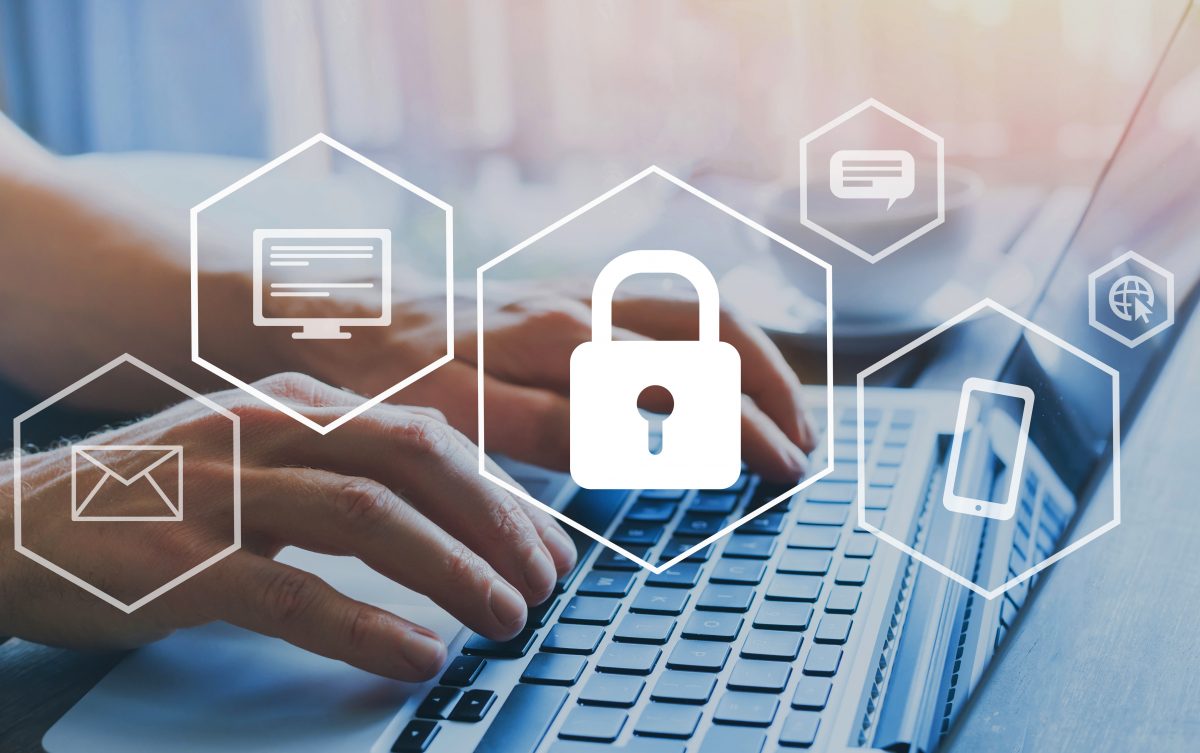
The 2024 BDO Nonprofit Benchmarking Survey Is Out
10.17.2024 | Linda J. Rosenthal, JD

Charity fraud is a major problem, draining enormous amounts from organizations and their beneficiaries as well as eroding trust in our sector. In the past, we’ve written quite often about this worldwide problem, most particularly on the specific topics of cyber crime and insider fraud.
The week of October 21 – 25, 2019 was the second annual International Charity Fraud Awareness Week (ICFAW). We weren’t aware of it until about Wednesday of that week, so we apologize for not giving advance notice of it.
Now, a week or so later, we’re mentioning it because it’s such a vitally important topic for the philanthropy community and because much of the information posted online in connection with the ICFAW continues to be available online. It will also be updated regularly during the coming year.
This year’s International Charity Fraud Awareness Week was organized by an (ongoing) international “coalition of over 40 charities, regulators, law enforcers, representative bodies and other not-for-profit stakeholders.” It began as a United Kingdom project but now includes government agencies and others from several Commonwealth nations as well the United States. American partners include the Internal Revenue Service (IRS), the Federal Trade Commission (FTC), and the National Association of State Charity Officials (NASCO). (Links are to notices from those agencies of the special week’s activities.)
The event’s purpose was to (again, for the second year) bring “together everyone involved in the charity and not-for-profit sectors to raise awareness and share good practice in tackling fraud and financial crime.” A key feature is the online Charity Fraud Awareness Hub, which remains available and will be supplemented from time to time.
The scope of the problem of charity fraud is clear from the wide ranging topics covered at the Charity Fraud Awareness Hub. Accessed through an easy registration prompt, the Hub presents several categories of reference materials including help sheets, case studies, webinars, practice tutorials, and “other resources.” There are many familiar topics; embezzlement and cybersecurity, for example. But other charity-fraud threats are less well known.
There’s a help sheet, for instance, titled “An Introduction to Legacy Fraud.” What is that? “Legacy fraud (also called probate fraud) is the misappropriation of money or property left in a will. The perpetrator might be: an executor, the deceased person’s relative or carer; or one of your own staff members of volunteers.” How can an executor (lay or professional) defraud a charitable legatee? Here are a few ways: (1) not notifying a beneficiary of the bequest; (2) underpaying a beneficiary by “omitting assets or falsifying liabilities in the estate records”; (3) stealing estate assets; (4) charging higher than reasonable fees; or (5) selling assets for low ball prices to friends, relatives, or other associates. The help sheet, of course, includes advice and tips to avert this problem.
In another help sheet, an expert writes “An Introduction to Moving Money Safely.” For any charity, there are “… controls and techniques needed to safeguard money-in-transit” but they “vary from charity to charity, depending on the circumstances.” But organizations that “…operate internationally and transfer money across international borders,” may face “… greater risks (financial and reputational).” Once again, there are explanations and advice including – most particularly – a general caution against using cash couriers. While there’s no express prohibition on moving money that way, the field is unregulated and opaque and it’s what “terrorists, money launderers and organized criminals” do.
In the Federal Trade Commission’s announcement of this year’s International Charity Fraud Awareness Week, agency officials reminded Americans that it provides education and outreach year-round at FTC.gov/Charity and FTC.gov/Cybersecurity. But the ICFAW presents a special – greatly expanded – opportunity to share information.
And that conversation continues, wrote FTC regulators, on Twitter and Facebook at hashtags including #CharityFraudOut and #CharityFraudOut2019. Government agencies around the world, professional advisers and consultants, and anyone else can participate and contribute advice or ideas.
For instance, recent posts include one from London’s Fraud Advisory Panel (@Fraud_Panel) emphasizing that the ICFAW Hub is a “one-stop-shop” for reference tools and explanations about the many and varied ways in which fraudsters can harm donors, beneficiaries, and the charitable organizations themselves.
Similarly, the Attorney General of Hawaii, Clare E. Connors, (@AtghIgov) asks: “Worried about stolen data?” adding “here’s how you can reduce the impact on your organization, your employees, and your customers: Make a plan to respond to security incidents. Learn more: go.usa.gov/xVtjs.”
International payroll and human resources firm FMP Global (@FMPGlobal) tweeted: “Charity fraud was high on the agenda during Charity Fraud Awareness Week. Six top tips here bit.ly/2pG7ZZN.” And MannionDaniels (@MannionDaniels), a global development consultancy and fund manager with operational bases in the U.K., Kenya, Nigeria, and Cyprus, offered: “Encouraging a culture of transparency and dialogue from the top-down creates an environment that’s difficult for fraudsters to operate in. Read all of our tips on our website bit.ly/32OcU9p #CharityFraudOut.”
Here are links to our earlier posts on insider charity fraud and on cyber crime:
Charities and Embezzlement (August 9, 2016); Financial Irregularities Discovered? Contact Authorities (October 28, 2016); Charity Embezzlement: Thwart It With Good Controls (November 17, 2016); Charity Fraud: Embezzlement, But Much More (February 22, 2017); Charity Fraud: Secret Billing Schemes (March 9, 2017); Accounting Controls for Nonprofits’ Cash (February 15, 2018).
Nonprofits and Cybersecurity: Make it a Priority (November 30, 2016); Key Cybersecurity Threats for Nonprofits (November 22, 2017); Nonprofits Beware: Pfishing Trips (December 20, 2017); The EU Data-Privacy Law That May Affect U.S. Nonprofits (GDPR) (March 7, 2018); Another Pfishing Tale (January 7, 2019) More About GDPR and Nonprofits (January 22, 2019); Tips to Protect Your Nonprofit from Credit Card Fraud (April 19, 2019); Move Over, GDPR: Here Comes CA’s New Data Privacy Law (July 18, 2019).
Sadly, there’s little reason to expect that – despite valiant educational efforts like the International Charity Fraud Awareness Week – we’ll run out of fraud horror stories to discuss and dissect any time soon. We can only hope there are fewer of them.
— Linda J. Rosenthal, J.D., FPLG Information & Research Director
